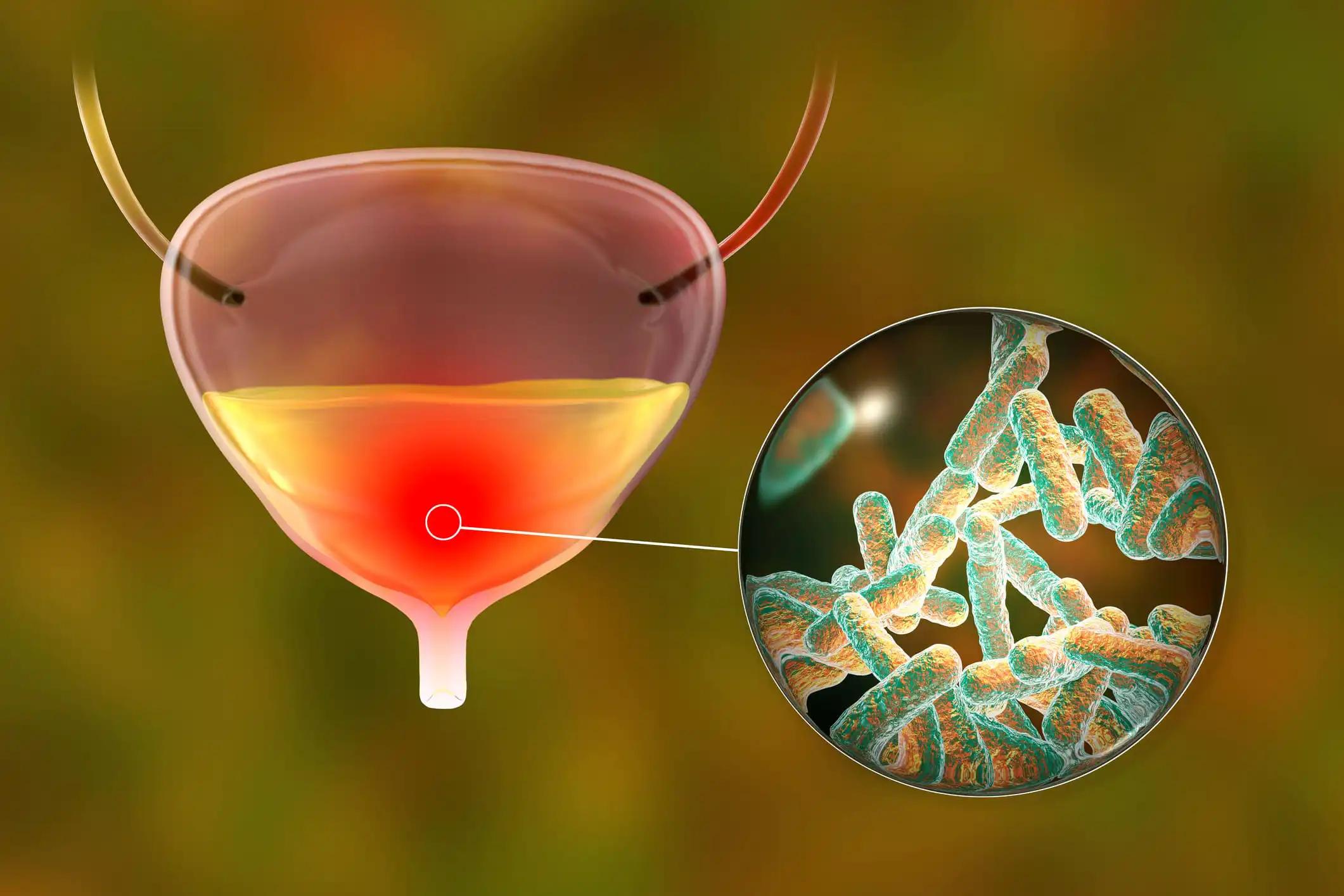KEY TAKEAWAYS
- The study aimed to identify key factors influencing prognosis and evaluate how treatments impact survival outcomes.
- Results showed race, TNM stage, and surgical approach predict SRCC outcomes; simple and partial cystectomy are effective.
Signet ring cell carcinoma (SRCC) of the urinary bladder is a rare, aggressive cancer with no standard treatment strategy.
Yingwei Xie and the team aimed to identify key factors affecting prognosis and evaluate the impact of different treatments on survival outcomes.
The study used data from the Surveillance, Epidemiology, and End Results (SEER) Program, focusing on patients with bladder primary SRCC from 2000 to 2017. Researchers applied univariate and multivariate Cox regression models to assess how various factors affected cancer-specific survival (CSS) and overall survival (OS).
To ensure comparable groups, they used propensity score matching (PSM) and inverse probability of treatment weighting (IPTW). The Kaplan-Meier method analyzed the effects of different treatment regimens on CSS and OS.
The study included 33 cases of non-muscle invasive SRCC and 210 cases of muscle invasive SRCC. Multivariate analysis identified race, TNM stage, and surgical method as independent factors affecting both OS and CSS.
In patients with non-muscle invasive bladder SRCC, radical cystectomy did not show a CSS benefit compared to transurethral resection of bladder tumors (P= 0.304). For muscle invasive SRCC, patients who had partial cystectomy experienced better OS and CSS than those who had radical cystectomy (P= 0.019, P= 0.024).
However, post-propensity score matching (PSM) analysis showed no significant differences between the 2 surgical outcomes (P= 0.504, P= 0.335). Lymphadenectomy, chemotherapy, and radiation did not improve patient prognosis.
The study found that race, TNM stage, and surgical approach are significant independent predictors of SRCC outcomes. Simple radical cystectomy and partial cystectomy were effective treatments for SRCC. The best treatment option still requires further validation through prospective research trials.
This work was supported by the Beijing Municipal Administration of Hospitals Clinical Medicine Development of Special Funding Support (XMLX202134), the National Natural Science Foundation of China (No. 82072833, 82272864).
Source: https://pubmed.ncbi.nlm.nih.gov/39159955/
Xie Y, Zhang Y, Du Z, et al. (2024). “Treatment Options for Signet Ring Cell Carcinoma of the Urinary Bladder: A Population-Based Study.” Cancer Control. 2024;31:10732748241278485. doi:10.1177/10732748241278485



